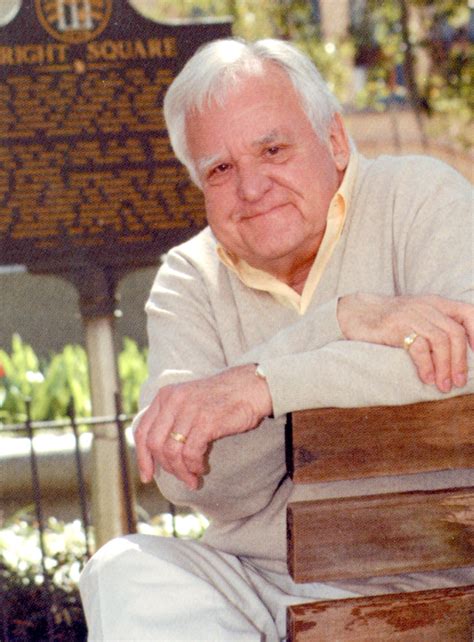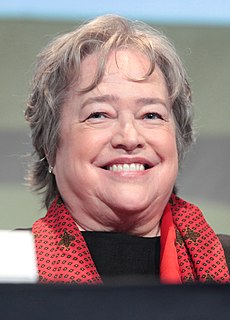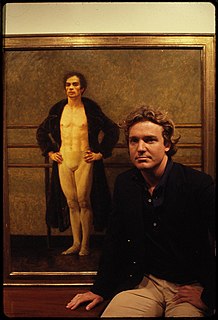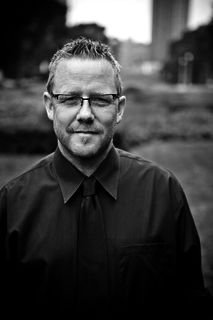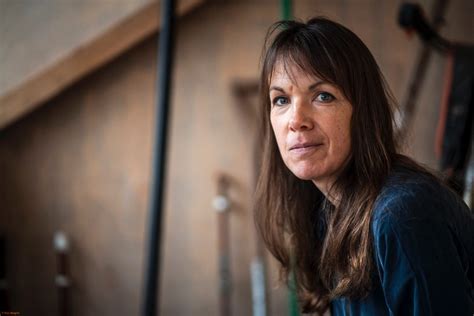A Quote by Richard Allington
Classroom libraries are not 25 copies of 5 books. Classroom libraries are 1000-2000 copies of different books.
Related Quotes
I have always had a special affinity for libraries and librarians, for the most obvious reasons. I love books. (One of my first Jobs was shelving books at a branch of the Chicago Public Library.) Libraries are a pillar of any society. I believe our lack of attention to funding and caring for them properly in the United States has a direct bearing on problems of literacy, productivity, and our inability to compete in today's world. Libraries are everyman's free university.
Back in 1999 and 2000, a few of us... a very few of us... Douglas Clegg, Seth Godin and I... offered free electronic copies of our books in an effort to reach an audience we otherwise wouldn't have reached and to test out a new marketing concept for books. Despite the industry screaming we were crazy, it worked.
They will be given as gifts; books that are especially pretty or visual will be bought as hard copies; books that are collectible will continue to be collected; people with lots of bookshelves will keep stocking them; and anyone who likes to make notes in books will keep buying books with margins to fill.
All over the world, there are libraries of a sort. They are among the most beautiful places on the earth, and they hold more information than the Library of Congress. Within these libraries are millions of books, each a uniques masterpiece to see and touch. They are teaching this language to scientists. However, so far only one percent of the books have been deciphered. Some tell how to find new medicines; others reveal new things to eat... These treasure houses of knowledge are the ancient forests of our planet.
Possession of books denounced as heretical was made a criminal offense. Copies of such books were burned and destroyed. But in Upper Egypt, someone, possibly a monk from a nearby monastery of St Pachomius, took the banned books and hid them from destruction - in the jar where they remained buried for almost 1,600 years.




